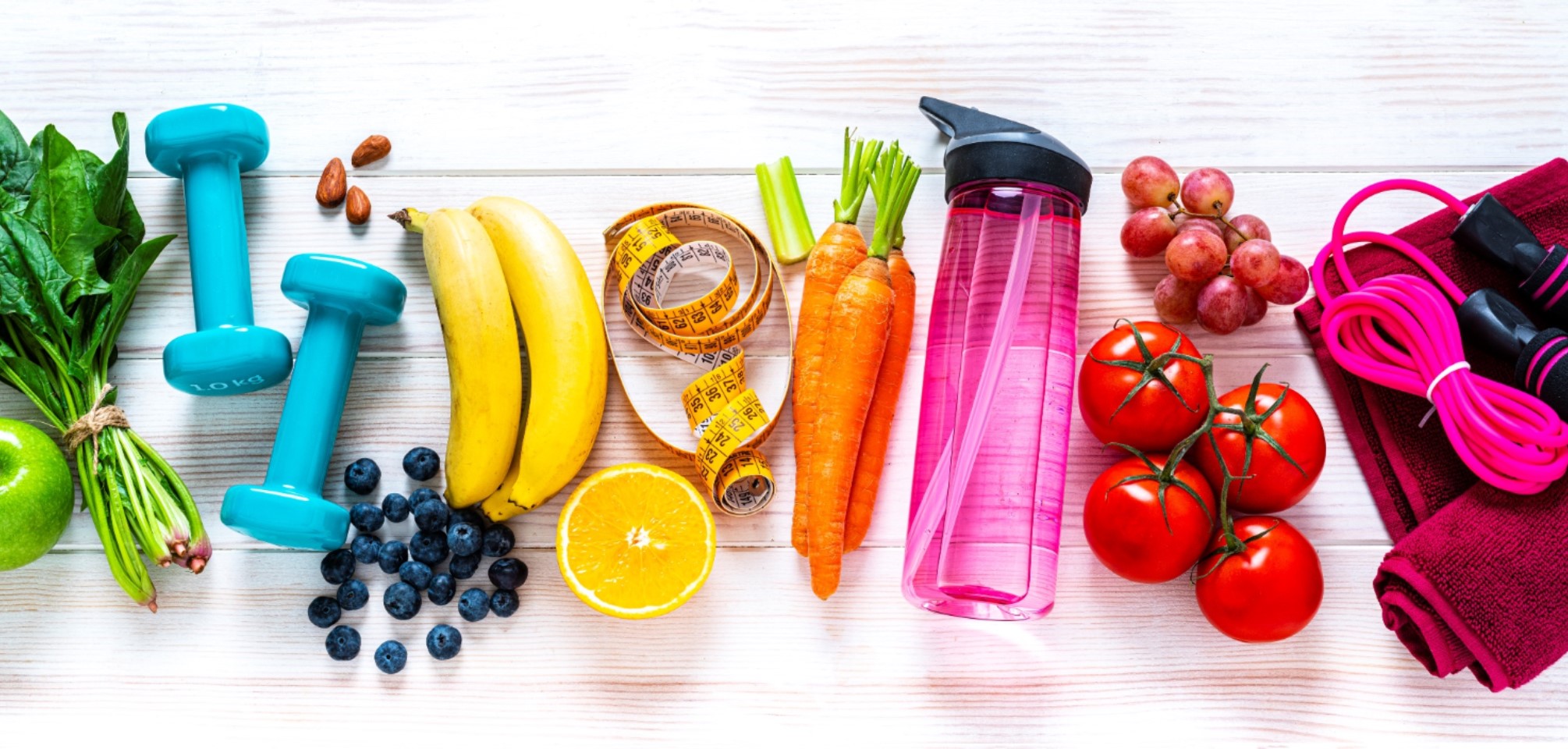
COVID-19 - March 25, 2021
By Amber McCracken
As the world came to a standstill due to COVID-19, so, too, did our bodies during quarantine. For many, it seemed the only thing moving was the number on the scales as it inched up. Combine home comfort cooking and snacking with hours of sedentary Netflix or Zoom screen time, and it’s no surprise that many of us have gained weight during the lockdowns this past year.
In a recent survey by the American Psychological Association (APA), involving over 3,000 American adults, a staggering 61% of the respondents said they experienced “undesired weight changes” during the pandemic, with 42% of them saying they gained more weight than they intended.
This might explain the results of a new study just released this week in JAMA that found people gained about 1.5 pounds per month during the research period of February 1 to June 1, 2020. Assuming that trend continued for a year, that seemingly small number would grow to nearly 20 pounds of extra weight. While weight tends to fluctuate slightly, a 20-pound weight gain is not the yearly norm. However, of the 42% of people in the APA survey who say they gained weight, the amount they reported gaining averaged 29 pounds. Ten percent said they gained more than 50 pounds.
Ironically, weight gain that leads to obesity can put people at higher risk for serious illness from COVID-19 and can also have lasting negative health implications.
Knowing that extra weight can be a health hazard, the spring is a wonderful time to get back into a healthy routine. Warmer days allow for getting outdoors safely, while grocery stores and farmers markets are beginning to stock fresh, seasonal fruits and vegetables.
According to Dr. Virginia Norton, a Goodwin Living At Home member and retired nutritionist, there are no quick fixes. Losing weight doesn’t happen overnight any more than gaining it did. Her mantra sounds familiar – it all comes down to diet and exercise.
“My advice is pretty old-fashioned and one my generation learned from our mothers: Eat a variety of foods in moderation and get some exercise,” said Dr. Norton, who holds a Ph.D. in nutritional sciences from the University of Maryland. Dr. Norton started her career as a dietician for the United States Army, then went on to teach nutrition at Old Dominion University.
The science is clear – exercise is essential to healthy aging. Beyond maintaining a healthy weight, the overall health benefits are abundant.
According to the CDC, “If you’re not sure about becoming active or boosting your level of physical activity because you’re afraid of getting hurt, the good news is that moderate-intensity aerobic activity, such as brisk walking, is generally safe for most people.”
Dr. Norton agrees. “Exercise can be just walking around the house or yard. The idea is simply to move.”
Movement burns calories and the more calories you burn, the more likely you are to shed some of those unwanted pounds. A study from the NUTRIM School of Nutrition shows that the number of calories burned can vary significantly between people who are moving about all day, compared to people who are just sitting or lying down.
Diet goes hand-in-hand with exercise. After all, you are what you eat! When it comes to healthy eating, don’t get “diet” and “dieting” confused. A healthy diet shouldn’t necessarily feel like dieting. The key is to cut your caloric intake with healthy, low-calorie foods versus going without.
According to the Dietary Guidelines for Americans 2020–2025, a healthy eating plan:
The U.S. Department of Agriculture has a great option for helping to identify smart food choices and how much to each to stay within your caloric recommendation – My Plate Plan.
Overall, Dr. Norton emphasizes moderation. There is no need to deprive yourself of things you love, but indulge sparingly. She especially recommends cutting your sugar and salt, which can sometimes get tricky. She also adds, “No diet sodas! They may cut the sugar, but they trigger a reaction that leads to increased calorie intake.”
Many nutritionists and weight loss programs advocate for writing down everything you eat in a daily journal in order to be more accountable during your weight loss journey. It creates better awareness of your food choices. This includes not just main meals, but all the snacks and treats in between.
Research backs up this theory. A 2008 study of about 1,700 overweight people found that those who kept food records lost twice as much weight as those who didn’t. The Cronometer app can help you achieve your calorie tracking with ease. You can download the free app and to help track your diet.
According to Dr. Norton, the ideal plan is to lose two pounds a week until you reach your desired weight.
“There are no quick fixes,” said Dr. Norton. “Just slow and steady.”
Before starting any diet or exercise programs, be sure to consult your doctor or other healthcare provider. You can also find additional resources from other recent blog posts such as way to eat for heart health and the importance of moving throughout the day.
——————————
Amber McCracken is the executive director of Current Communications, a boutique consultancy that helps organizations with their marketing and public relations activities. Amber has worked with GHI since 2014, providing her expert advice to support Goodwin Living At Home. She contributes regularly to The Good Life, both as a writer and editor. Amber lives in North Carolina with her husband and two children.
